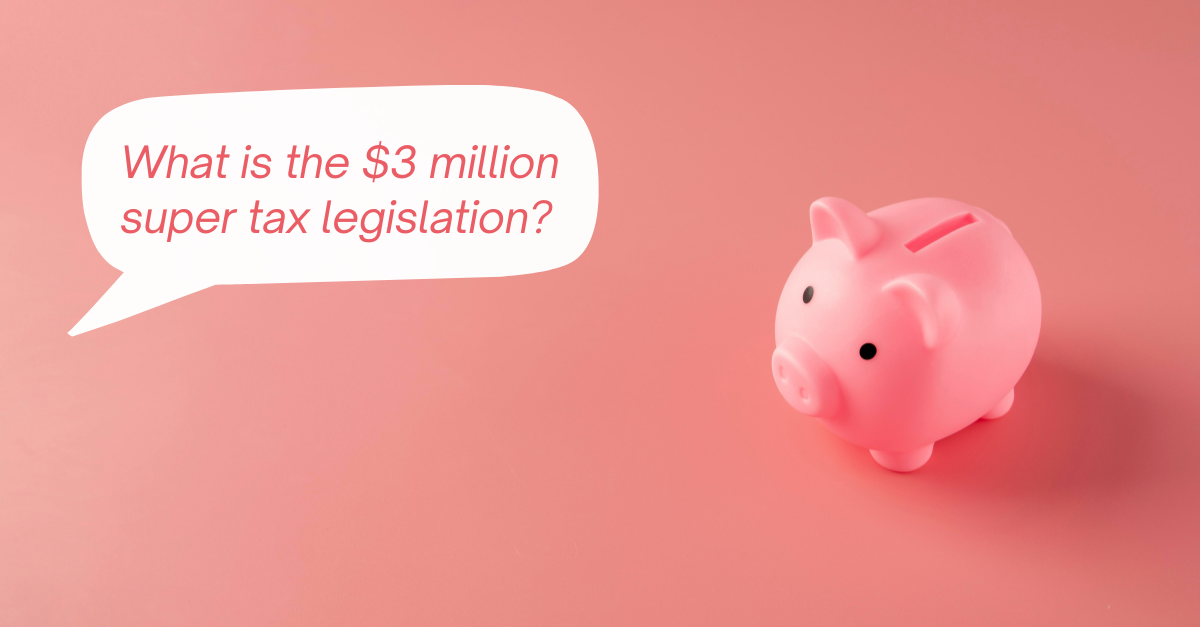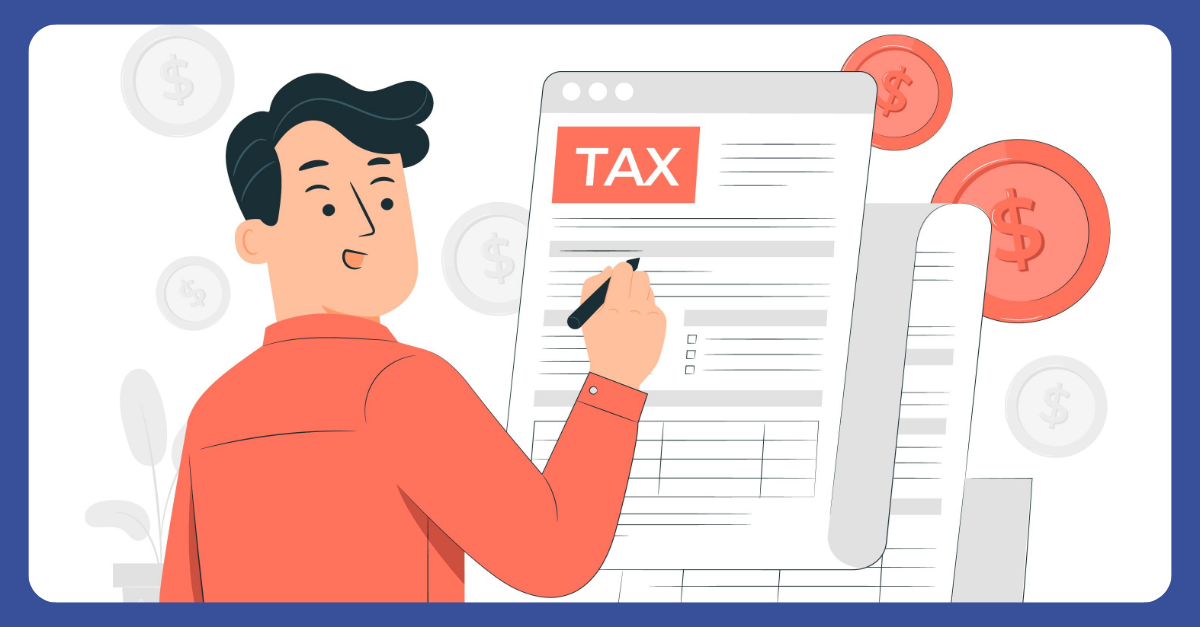News
From 1 July 2026, employers will be required to pay their employees’ superannuation at the same time as they pay their wages. For most employers, employee superannuation is paid quarterly. For instance, superannuation for the period 1 January 2026 to 31 March 2026 is required to be paid by 28 Apr...
Read more: Payday Superannuation: Important information for employers
When going through the process of selling assets, many people are often surprised that there may be taxation payable on the sale even when they are trading for a similar asset. For example, trading one ute for another. Why may there be tax payable in these circumstances? Read on to learn more. Und...
Read more: Taxation implications of selling of depreciating assets, such as vehicles or equipment
Loaning money from a private company to an individual or another entity is very common in small family businesses. However, in some circumstances when loans are not made ‘in an arm's length’ manner, this can result in the loan being classified as a Div 7A loan. This can have significant tax cons...
This article discusses the taxation implications on superannuation and death. It is not intended to be financial or investment advice; if you have specific investment questions we encourage you to contact your financial advisor. For most people currently drawing down their superannuation from their...
Read more: Is there tax on your superannuation when you die? The “death tax” explained
When looking to invest, choosing the right tax structure to manage the investment(s) is not always an easy process. However, it is important to determine which structure will be most beneficial for your needs. Key considerations for this include your long term goals for the investment(s) and your fi...
Read more: Finding the best tax structure for your investments
There has been a lot of media attention on the government’s proposed $3 million superannuation changes, and subsequently questions from our clients on how these changes could impact them. Read our insights on this legislation below, to help understand whether your superannuation balance could be a...
ENGAGEMENT TERMSINDIVIDUAL (NON BUSINESS) This document sets out our terms of engagement and the scope of the work to be performed by us within that engagement. Please read it carefully. Terms are accepted on signing and payment for tax return/s. From 1 March 2010 there is a provis...
With 30 June fast approaching, now is the time to review your year-to-date taxable income and determine whether a contribution to superannuation is an effective way to reduce any tax payable. Superannuation contributions can present some generous tax benefits, whether you are a business or an indivi...
With 30 June approaching, it’s important to review your business’s performance and gain a clear understanding of: Taxation position and ongoing taxation commitments Business profitability Taxation commitments for many businesses – including tax instalments – can have a major impact on...
As tax accountants, we are often asked ‘when does personal services income (PSI) relate to me and what does it mean?’ by businesses operating in the service industry. In this article, we answer six frequently asked questions to unpack the fundamentals of PSI. Who does personal services income i...
Employers are required to pay superannuation for their employees and some contractors. This is defined as the superannuation guarantee levy, it is currently 11.5%, increasing on 1 July 2025 to 12%. Superannuation is due to be paid quarterly at a minimum, though it can be paid more frequently (for e...
Read more: Superannuation: what happens when payments are late?
In recent months, there has been renewed focus by the Australian Tax Office on the classification of contractors and employees within businesses. There are important factors that need to be considered by every business that engages the services of independent contractors, to determine whether they f...
- Vimeo Video ID: 541875834
- Vimeo Video ID: 544844463
- Vimeo Video ID: 551243546
- Vimeo Video ID: 538924449
BK Partners Privacy Policy BK Partners Pty Ltd ABN 49 828 241 780 and any affiliated organisations (collectively referred to in this policy as “BK Partners” is committed to protecting the privacy of your personal information. This privacy policy explains how BK Partners manages the personal inf...
- Vimeo Video ID: 515974337
One of the most frequently asked questions I hear from my business clients is: “What is the difference between an employee and a contractor?”. This question comes generally from those people who are considering taking on someone to do some work for them and whether they should be engaged as an ...
- Vimeo Video ID: 470435421
In previous videos we’ve delved into the three key areas to improving profitability in your business. These three key areas were pointed out to me by my boss nearly 30 years ago and include: Sales, margins and expenses. He explained to me that they should be looked at in that precise order too. If...
- Vimeo Video ID: 467222083
In this article, we look at margins: the second area to improving profitability. Margin is the profit that you’re making on the products you sell. Everyone is selling products; whether that’s time, materials or something else. We’re going to look at the profit you’re making on these items.&...
- Vimeo Video ID: 461602266
When I first started work I asked my boss “how I can help my customers increase their profitability?”. He told me that “there is three key areas to focus on and if you focus on them in order, you will help them.” I have certainly found this to be true. The key areas are, in order: Sales, M...
- Vimeo Video ID: 447003419
This is a very common question and there are two scenarios at play here: Scenario 1. Subdivide, develop and then rent Let’s say we’ve subdivided the land, and built a new house on it with a view to rent that house out. Are there any capital gains tax implications on this? The answer is n...
Read more: Subdivide, develop and then rent or sell … what are the tax implications?
- Vimeo Video ID: 440176312
If you were to sell your property which meets the requirements of being your Principal Place of Residence (PPR) as a whole (i.e. before subdivision), then there would be no taxation implications. But what if you subdivide with the aim of selling off a portion? As we discussed in our article D...
Read more: What if I subdivide my property and sell the vacant land?
- Vimeo Video ID: 440175493
I receive a lot of questions from people who are looking at subdividing their property and want to know if there’s going to be any taxation implications. I’ll take you through a scenario of subdividing the property that features the house you live in initially, building a new house on the...
Read more: Subdiving, building and moving into the new house … what are the tax implications?














